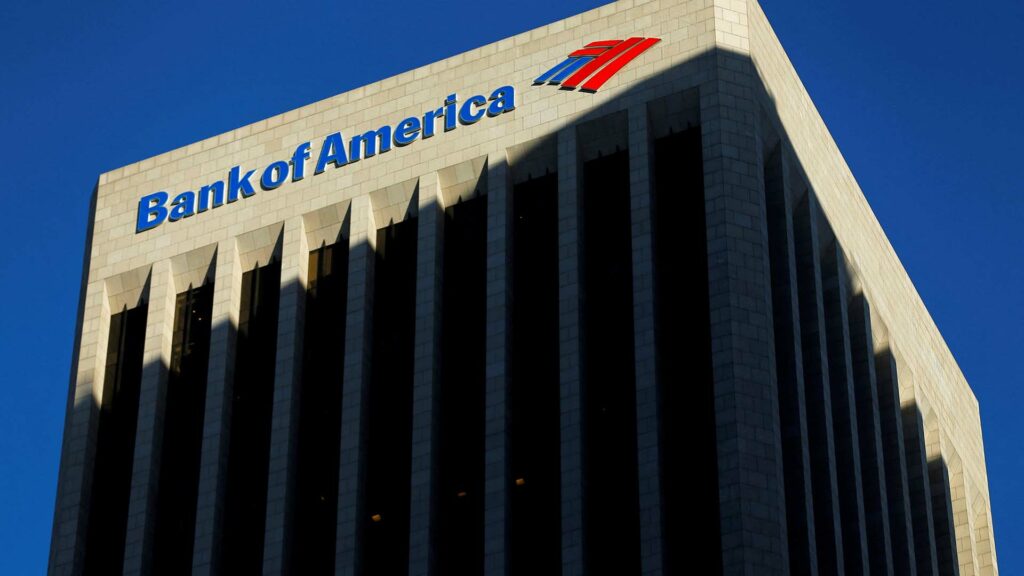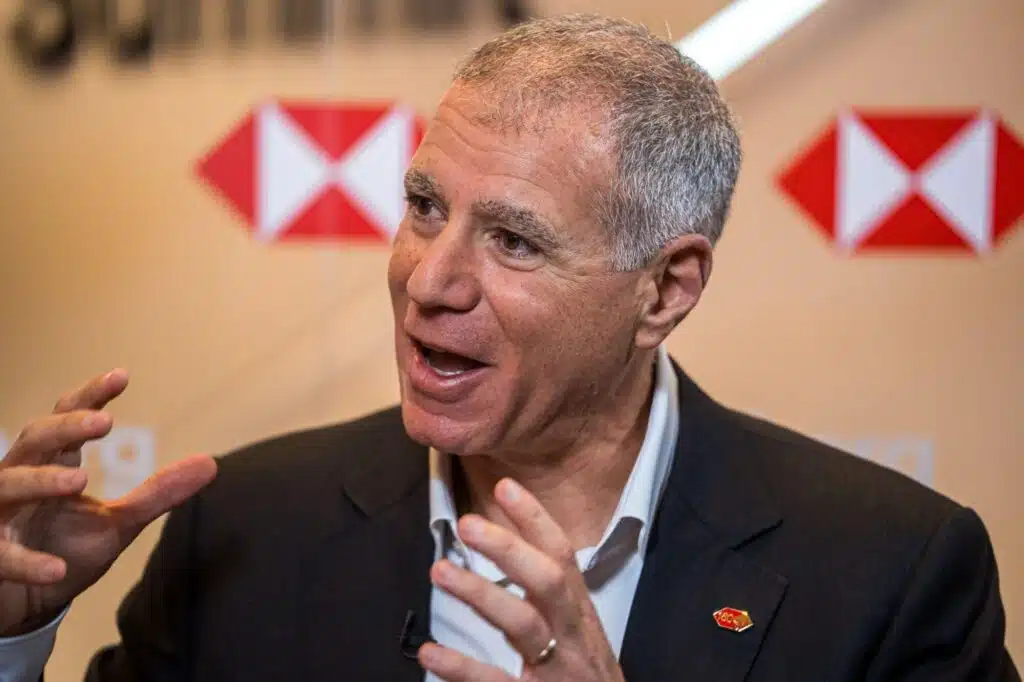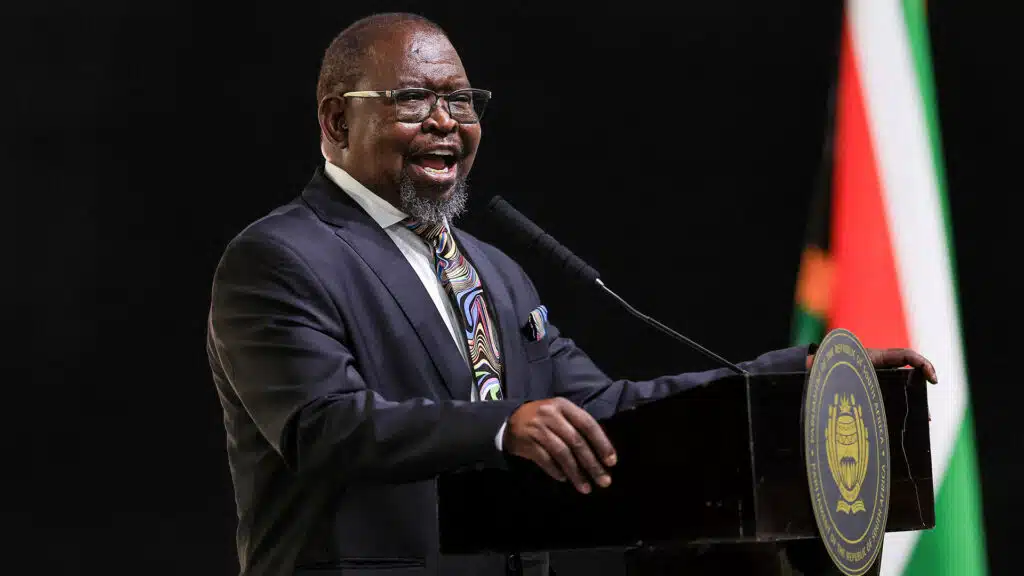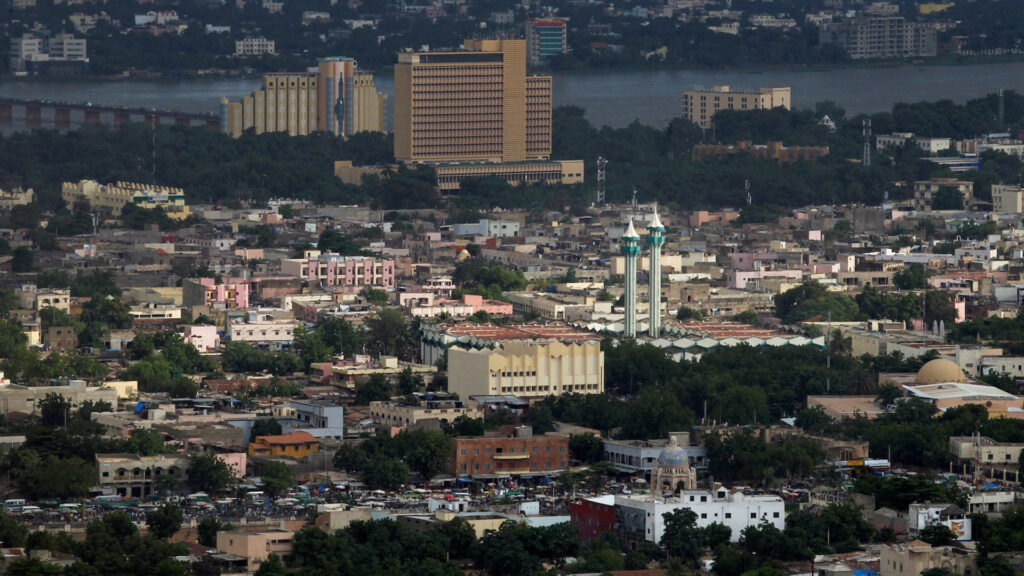Trending: Here are some Business Statistics and Trends to know
Bank of America announced on Tuesday (18 April 2023) that it plans to cut as many as 4,000 positions before the end of June, despite beating first-quarter profit expectations.
The job cuts represent 2% of Bank of America's overall workforce, which topped 217,000 at the end of the first quarter after the lender ramped up hiring as the job market heated up during the pandemic era. The bank's headcount had grown 4% in the year to the end of March, based on data it released as part of its earnings announcement.
According to the bank, it had already cut over 1,000 positions in the first two weeks of April and plans to eliminate an additional 3,000 jobs by the end of the quarter.
Bank of America said it would not replace staff leaving the bank, and these departures accounted for the bulk of the cuts. Despite the job cuts, Bank of America CEO Brian Moynihan said during the bank's earnings call that it was not a sign that the bank was bracing for a slowdown in its business, but rather a reflection of a cooling jobs market.

Moynihan explained that competition for talent on Wall Street and elsewhere had caused the bank to bulk up its workforce, but that attrition rates had fallen sharply in recent months, prompting the bank to rethink its headcount.
He added that "the forecast is for a recession in the second half of the year, but we don't see consumer activity slowing to a pace that indicates that… Everything points to a mild recession, but we will see what happens."
The job cuts came alongside Bank of America's earnings, which showed profits rose 15% in the first quarter from a year ago to $8.2bn, or 94 cents a share. Like its rivals, Bank of America benefited from higher interest rates, as well as a rise in trading due to recent financial market turmoil. Revenue from debt and commodities trading surged 27% in the quarter, although a slump in the stock market drove a 20% decline in its equity market trading revenue.
Furthermore, uncertainty over the stability of regional banks following the implosion of Silicon Valley Bank in March led many depositors to move their money to larger lenders, including Bank of America. Deposits, which had declined in the first two months of the year, rose around the time of SVB's failure.
Overall, Bank of America's deposits fell slightly in the quarter, down 1%, to $1.9tn. By contrast, JPMorgan added $37bn in new deposits during the first three months of the year.
Despite stronger profits from lending and a rise in trading, there were signs that Bank of America was preparing for a more turbulent economy. Along with the job cuts, the bank set aside $934m for potential credit losses in the quarter, up from less than $50m a year ago.
The bank also significantly increased the amount of cash it has on hand and cut the size of its investment portfolio, which has dropped in value due to the recent rise in interest rates.
In recent months, analysts and investors have questioned whether the bank had erred in putting so much of its extra cash into bonds in 2020 and 2021 when interest rates were historically low. The bank's unrealized losses in its bond portfolio shrunk slightly in the quarter to $103bn but were still larger when compared with rivals.
Bank of America's CFO, Alastair Borthwick, signalled that some of the cash management moves were related to increased scrutiny of banks' bond holdings following SVB's failure.
“Cash is simpler to understand,” said Borthwick. “It gives us more options during a period of volatility.”
Bank of America's recent announcement of job cuts reflects a cooling jobs market, rather than a slowdown in its business. Despite the job cuts, the bank's earnings in the first quarter beat expectations, indicating that the bank has been able to maintain its profitability and resilience in the face of challenges such as the recent collapse of Silicon Valley Bank and increased competition for talent on Wall Street.



